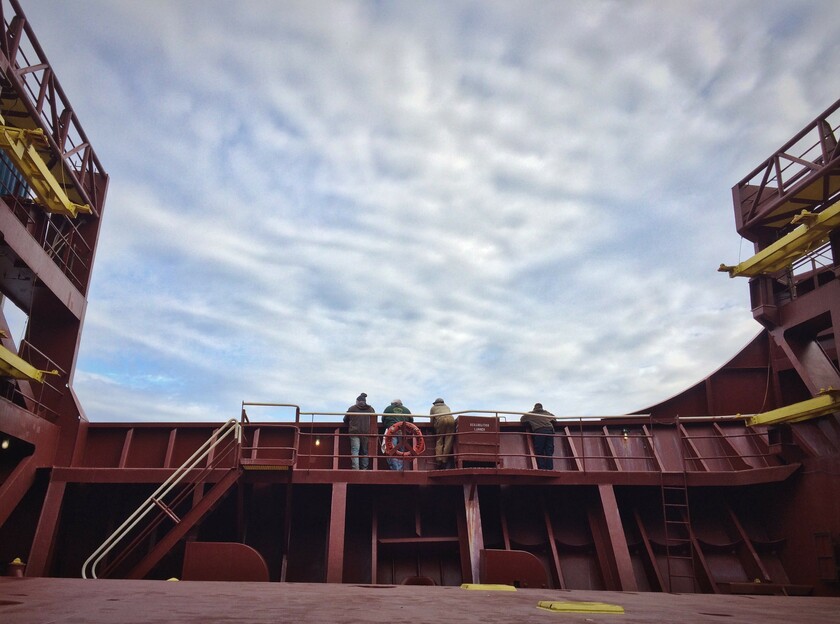As key workers, seafarers have been affected by the COVID-19 pandemic more than most. The challenges they’ve faced have highlighted the importance of social interaction on board for crew wellbeing.
Seafarers are used to being away from their family and friends for long periods of time, but dramatically extended voyages and restrictions placed on ships in port due to the pandemic have had a detrimental impact on seafarers’ mental health.
The uncertainty around the length and end of contracts has proven to be harmful to seafarers’ mental wellbeing and motivation. One seafarer we spoke to during Phase One of our Social Interaction Matters (SIM) Project reported:
‘I saw a Filipino about to go on leave after almost a year on duty and straight before he was due to leave they changed it and made him stay on board, not for a long time but it devastated him – I saw it, he physically shrank he’d been so looking forward…’
Keeping frequent and regular lines of communication open between shoreside staff, senior officers on board and the rest of the crew can prevent crew members from feeling like they have been left in the dark and is an opportunity to provide reassurance even when updates are not available.
Isolation and loneliness are real threats on vessels amidst the pandemic – not only are seafarers being kept apart from their loved ones for longer, they are also being deprived of human interaction in port as seafarers’ centres have been forced to close and ship visitors are often unable to come aboard. Shoreside staff can play an important role in supporting crews during these difficult times and facilitating social interaction on board to boost morale, as one seafarer described to us:
‘…one of the advantages is that the shore management has risen up to the challenge of making sure that the seafarers that have now been on board for longer than the stay of their contract are made to feel good about staying, by increasing the internet bandwidth or engaging in some kind of inter-ship game [and] increasing the amount of club allowance and so on’
ISWAN’s Connecting Crew resources provide ideas for both shipping companies and seafarers on how to improve social interaction on board for the benefit of crew wellbeing.
We discussed in our previous article how strong leadership plays a key role in a crew’s mental wellbeing. Senior officers face a particular challenge during COVID-19 as they must deal with their own stress while helping the rest of the crew manage theirs. One seafarer summed this up well while telling us about his Chief Mate, who had received news that his father had died while at sea during the pandemic:
‘He’s a chief mate, if he falters the ship falters so he’s just holding himself there’
When we are under stress, it can affect our interactions with others and relationships can become strained. In extreme cases, this can lead to physical confrontations between crew members. ‘We have noticed an increase in helpline cases involving fights on board in 2020 compared to 2019,’ says Chester Quintal, Helpline Manager at ISWAN. ‘Between 1st April and 31st December 2019, we received 11 reports of fights on board. In the same period in 2020, this figure had almost doubled.’
On board, looking out for others and taking a genuine interest in people can be the difference between someone struggling or feeling alone and feeling valued or cared about. ISWAN’s Psychological First Aid poster shares some tips to help seafarers identify and cope with signs of stress in themselves and others. One captain shared how he has supported his crew:
‘I make it a point at least once or twice a day I go round during their work breaks bring them a hot tea or something, joke and then go back up to the bridge… These are the small things that help them to stretch it on a few more days each time’
Now more than ever, it is vital for shipping companies and ship operators to recognise the risks to seafarers’ mental wellbeing on board and put strategies in place to tackle them. Guidance like ISWAN’s Mentally Healthy Ships guide is freely available to help companies protect their crews’ mental health.
Find out more about ISWAN's SIM Project and download the Phase One report released in January 2021 here.




